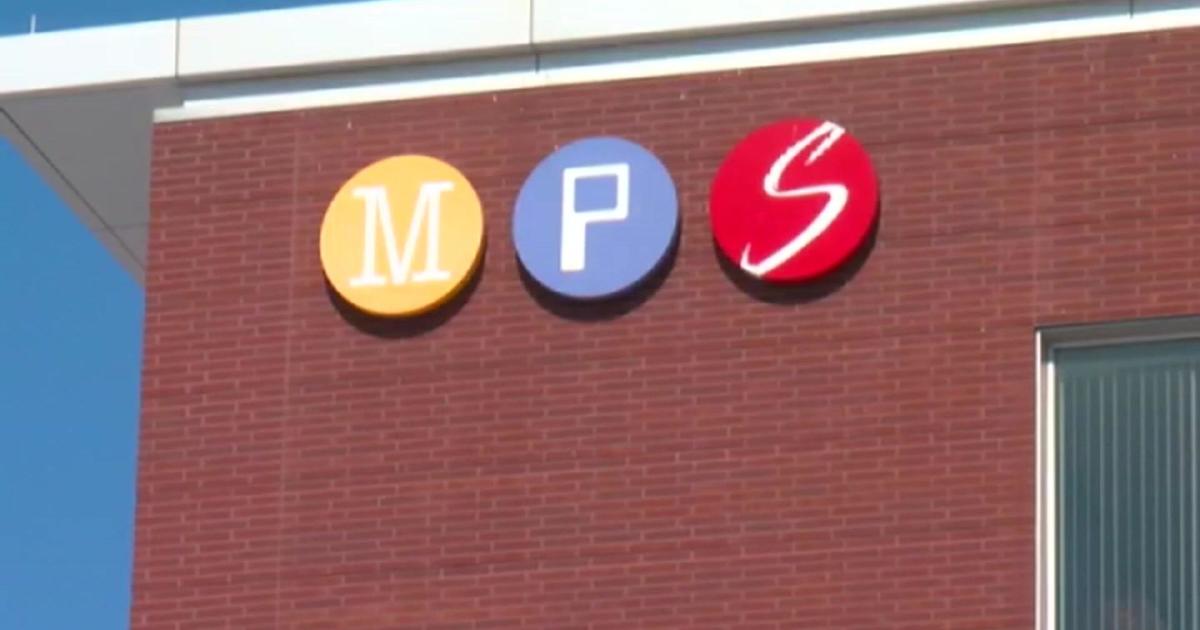Federal Judge Hears Objections To Alberta Clipper Pipeline Expansion
MINNEAPOLIS (WCCO) - Opponents of an oil pipeline from Canada to Duluth-Superior had their day in federal court in Minneapolis Thursday, arguing that the State Department should limit the expansion project.
Plaintiffs say the Alberta Clipper pipeline expansion was approved in a backroom deal between Enbridge Energy and the State Department.
U.S. District Judge Michael Davis listened to nearly two hours of oral arguments and will have to decide if the approval process was legal.
For more than 45 years, the heavy tar sands oil has flowed between Alberta, Canada and a terminal at Duluth-Superior.
But citing safety concerns and the costs of maintaining the older pipeline, Enbridge Energy is upgrading portions of its 1968 Line 3 to connect into the Alberta Clipper line in order to move more oil more efficiently.
"The pipeline deal calls for a new border-crossing segment under the guise of maintenance of the aging Line 3 pipeline, but in fact this is a new pipeline and requires its own permit," State Director of the Sierra Club Margaret Levin said.
Opponents allege the project skirted the required permitting process, forcing them to file suit in federal court to stop the additional oil flow. In 2009, the pipeline was permitted to carry a maximum of 450,000 barrels of oil per day. Under the expansion, maximum capacity would grow to around 800,000 barrels per day.
They are charging the State Department struck a deal with Enbridge to approve the upgrades without any public oversight.
"It's been a quiet process, a process where the State Department has excluded the public from participation from the very beginning," said Ken Remulet, the plaintiff's attorney.
In June 2015, 5,000 people marched through the streets of St. Paul in a massive show of opposition to any expanded import of the dirtier tar sands oil.
Outside court on Thursday, a coalition of environmental and Native American leaders voiced their fear that pipeline expansion is a threat to both the environment and the country's clean energy goals.
"What I'm saying is that this is way too much oil moving into Minnesota without checks and balances -- way too much oil running through the North Country and our treaty territories," said Winona Laduke, head of the group "Honor the Earth."
However, attorneys for both Enbridge and the State Department say this is not a new pipeline, but rather a replacement line. Therefore, the permitting process was not required and all work was done under existing permits.
Judge Michael Davis listened to nearly two hours of arguments. If he finds no federal laws were broken, the pipeline improvements will continue.
Should he rule that the permitting process was side-stepped, it would force Enbridge to restrict the flow of Canadian oil pending compliance with environmental laws.



